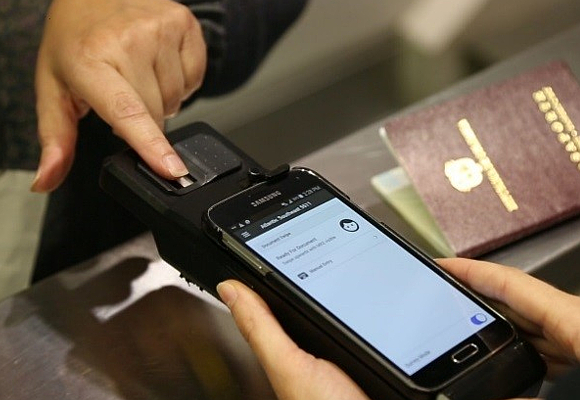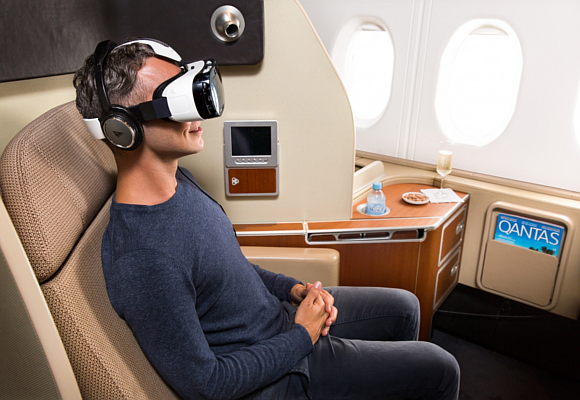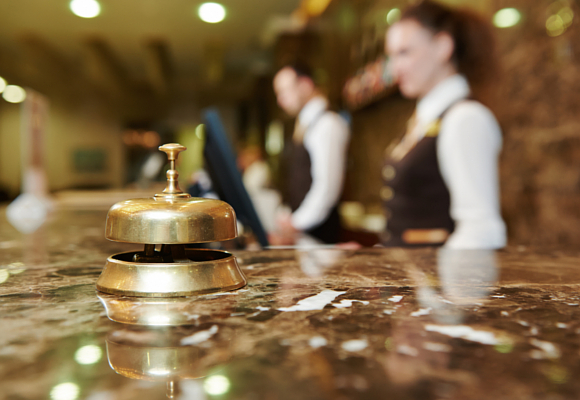The Massive Data Revolution
A new way of booking trips through customer recognition has been announced. It’s called Big Data, a predictive model for the tourism industry.
The emergence of the digital phenomenon has already altered the foundations of tourism around the world and a new uproar is around the corner: Big Data, the analytics of massive data. The processing of large quantities of data allows the establishment of predictive models originated by tracking the travel activity through human sensors already implemented/implanted, such as smartphones, almost biometric extensions of people.

In the year 2020 we foresee the interconnection of… 212.000 million sensors!, correlating without any cables, telemetrically. This fantastic universe of intertwined data will then provide information that to date is unavailable as to how many, when, how, where, towards where and whom are the travellers on the move.

The tourism industry must be prepared to affront this big challenge of the circulation and analysis of data. Pioneers of the technological development, airline companies have initiated this task several years ago when they created a management system, yield management, capable of optimizing air transport based on demand, seasonality, connection hubs, and anticipating booking.

Big hotel chains have copied this model, as have other tourism corporations such as main reservation companies, online agencies and travel meta search engines, that have been introducing variables in their electronic business modules capable of determining what date is more convenient for the user to take a specific flight or book a particular room.

When we observe that each year humanity produces as much information as has been accumulated throughout its history of up to five years ago, and considering as well that Moore’s law indicates that all that volume will duplicate each year and a half, the investments in said analytics will restrain the access to the results to almost all the current companies in the tourism sector. Traditional distribution channels will cease to exist and new ones will belong, consequently, to technological companies. Google, Apple and Amazon are already getting involved in different subsectors of e-commerce.

Under these premises, a new customer acquisition strategy is on the horizon for tourism. Against the traditional market segmentation, marketing will pivot around the idea of knowing the customer. That the user is recognized by the system even before they arrive at the hotel or take a flight, that the industry is alerted and prepared to carry out the liturgy of hospitality, that they be pampered with their preferences in mind and in this way exceed expectations of the travelers. This will be usual in any business derived of the Big Data.
